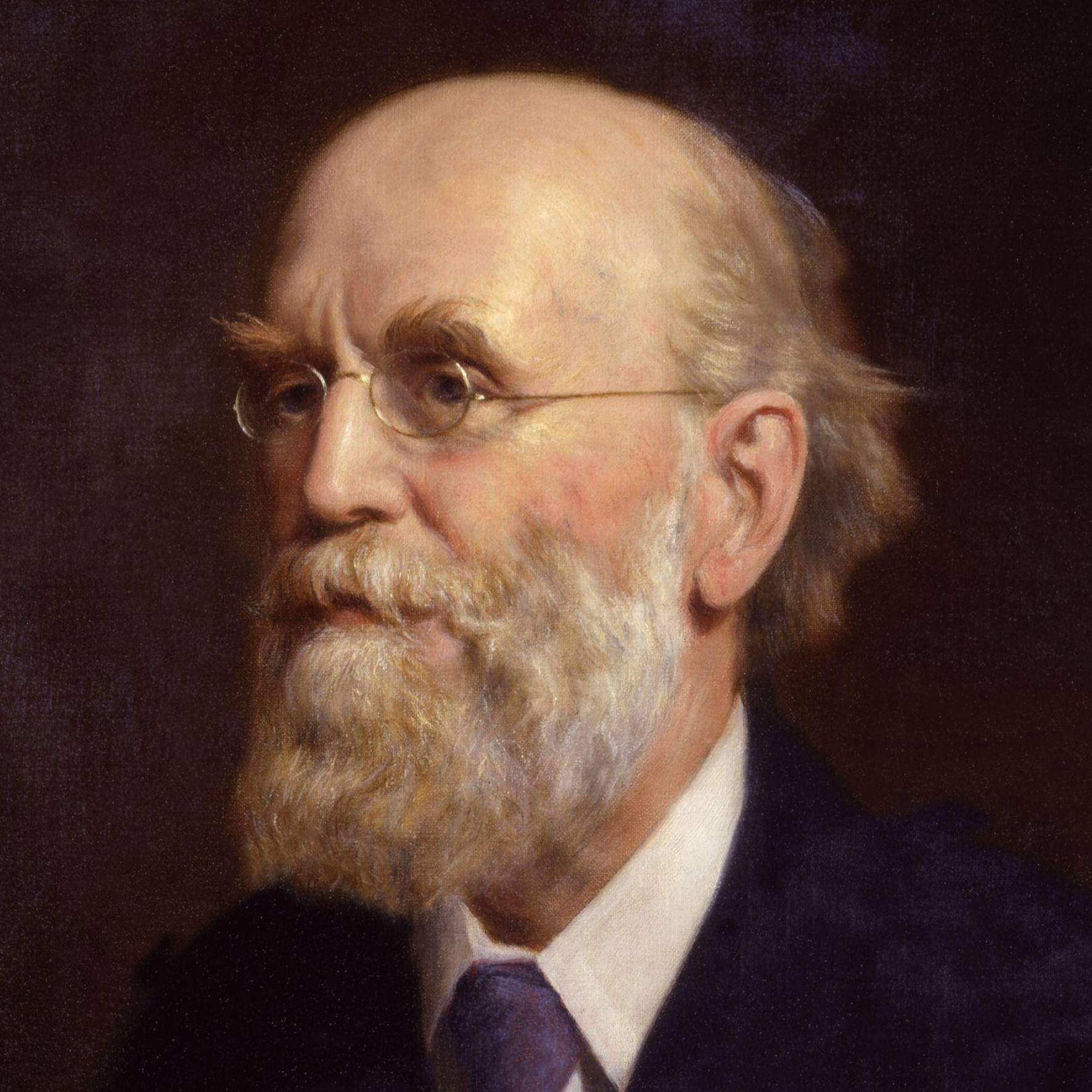Some international tax resistance news:
- Princess “Infanta” Cristina of Spain has been indicted on charges of large-scale tax evasion. The charges were filed by a private anti-corruption group, as the government was unenthusiastic about prosecuting someone from the royal family. Indeed, the state prosecutor told the court that the tax agency motto “Hacienda Somos Todos” (“The Treasury is Everyone”) was “only an advertising slogan” and shouldn’t be applied to her highness. So now, a group of retired taxpayers from Mallorca is saying “if la Infanta won’t pay, neither will we.”
- In Greece, the «Λαϊκής Στάσης Πληρωμών» (“People Stop Payment”) movement continues to disrupt auctions of homes and businesses seized “by state banks and bandits” from people with tax or other austerity-induced debts.
- Meanwhile, guerrilla electricians from the «Δεν Πληρώνω» (“Won’t Pay”) movement continue their noble work of reconnecting the power to families who have been cut off for inability (or unwillingness) to pay the new taxes added to electricity bills.
- In Russia, truckers have gone on strike to protest a new road tax and the corruption behind it — one of a number of protests that are worrying the Putin regime.
- An activist who was arrested protesting against the Jeju Naval Base in South Korea has elected not to pay his fines but to serve prison time instead.
- Justices of the Bombay High Court, exasperated by corruption in the government of India, nigh endorsed mass tax resistance as a response:
“If the same loot continues, taxpayers may resort to a ‘non-cooperation movement’ and refuse to pay taxes,” observed Justice Chaudhari of Nagpur bench of the Bombay High Court.
“Do taxpayers pay the money to the government for such kind of acrobatics? To eradicate the cancer of corruption, the ‘hydra-headed monster,’ it’s now high time for citizens to come together to tell their governments that they have had enough of this miasma of corruption,” the High Court observed.


